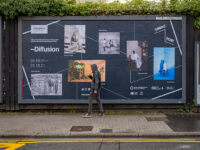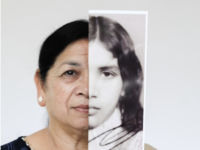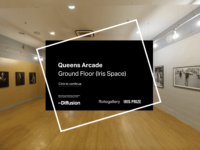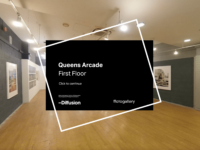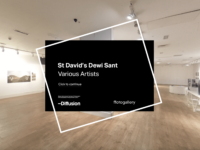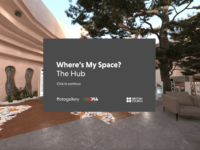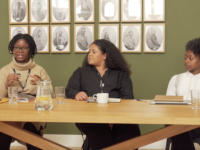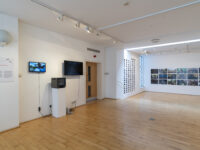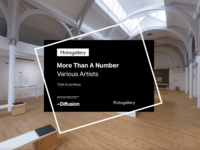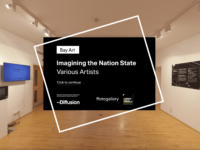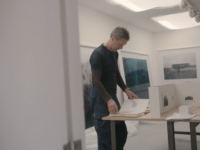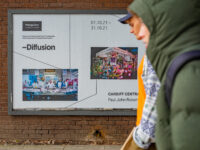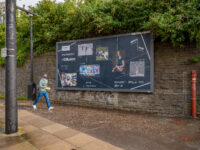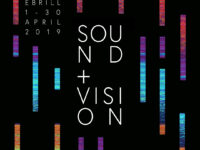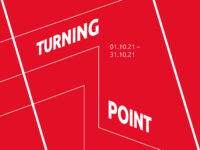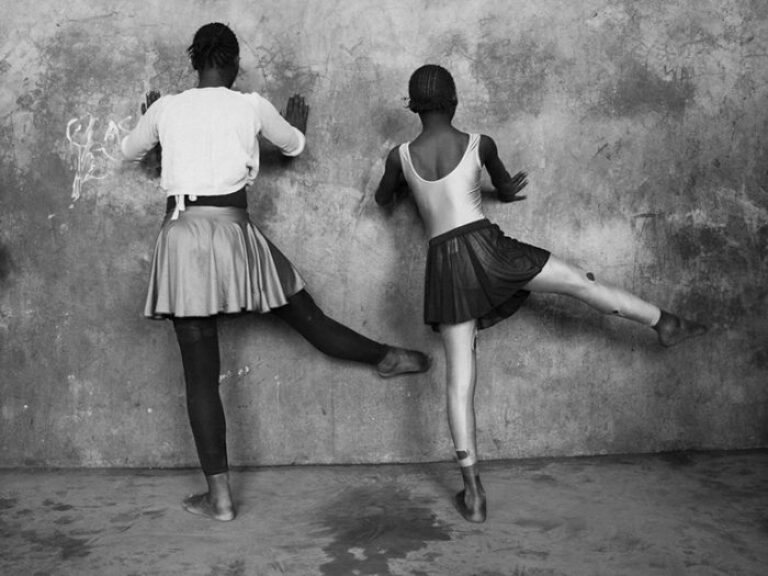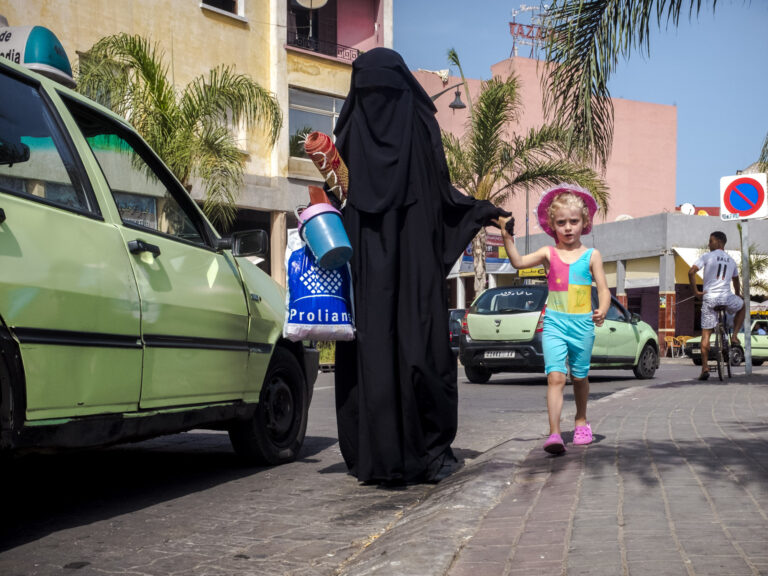More Than A Number Virtual Tour
“We’re more than sand and the seashore, we’re more than numbers.”
- Bob Marley, Wake Up and Live, 1979
More Than a Number is an exhibition which looks to explore our thinking of an Africa caught between modernity and tradition, and how different cultures can produce meaning through images. It invites the audience to engage with the exceptional and thought-provoking work of 12 photographers from Africa. And encourages us to look deeply and clearly into the face of the individual in front of you and engage in a conversation. As Elbert Hubbard wrote, “If men could only know each other, they would neither idolise nor hate”.
Cultural difference and questions of identity within the ‘rights of recognition’ have, for many of the people who have been regulated to the margins of society, been front-line battles in establishing their identity and human worth (Hall, 1992). What happens when we neglect people’s material culture and not truly value it or represent it everywhere for everyone to engage with? And how can we as the audience, be that as individuals or cultural organisations, draw conclusions from what we already know and understand about Africa and Africans through a visual medium. And finally, how can we as cultural organisations in the West be more responsible in how we represent photography from Africa?
More Than a Number is centred around three themes: Representing Fearlessness, Zones of Contact, and Radical Sociality. Amina Kadous, Brian Otieno, Sarah Waiswa and Wafaa Samir’s projects offer highly subjective visions of African identity while exploring what true freedom and fearlessness in art looks like. Nana Kofi Acquah, Salih Basheer, Tom Saater and Yoriyas Yassine Alaouiteleport the audience into their zones of contact and explore the idea of remaking and reimagining our identities. Fatoumata Diabaté, Maheder Haileselassie Tadese, Steven Chikosi and Jacques Nkinzingabo’s projects remind of us of the importance of preserving and caring for our material culture, cultural heritage and its impact, especially in regard to questions of migration, decolonisation, belonging and experience.
Rights of representation need to happen and need to continue happening through a visual medium such as photography. Historically, to be seen and looked at - across race, gender and class - is a human right. Curated by Cynthia MaiWa Sitei, Creative Producer at Ffotogallery Wales.
